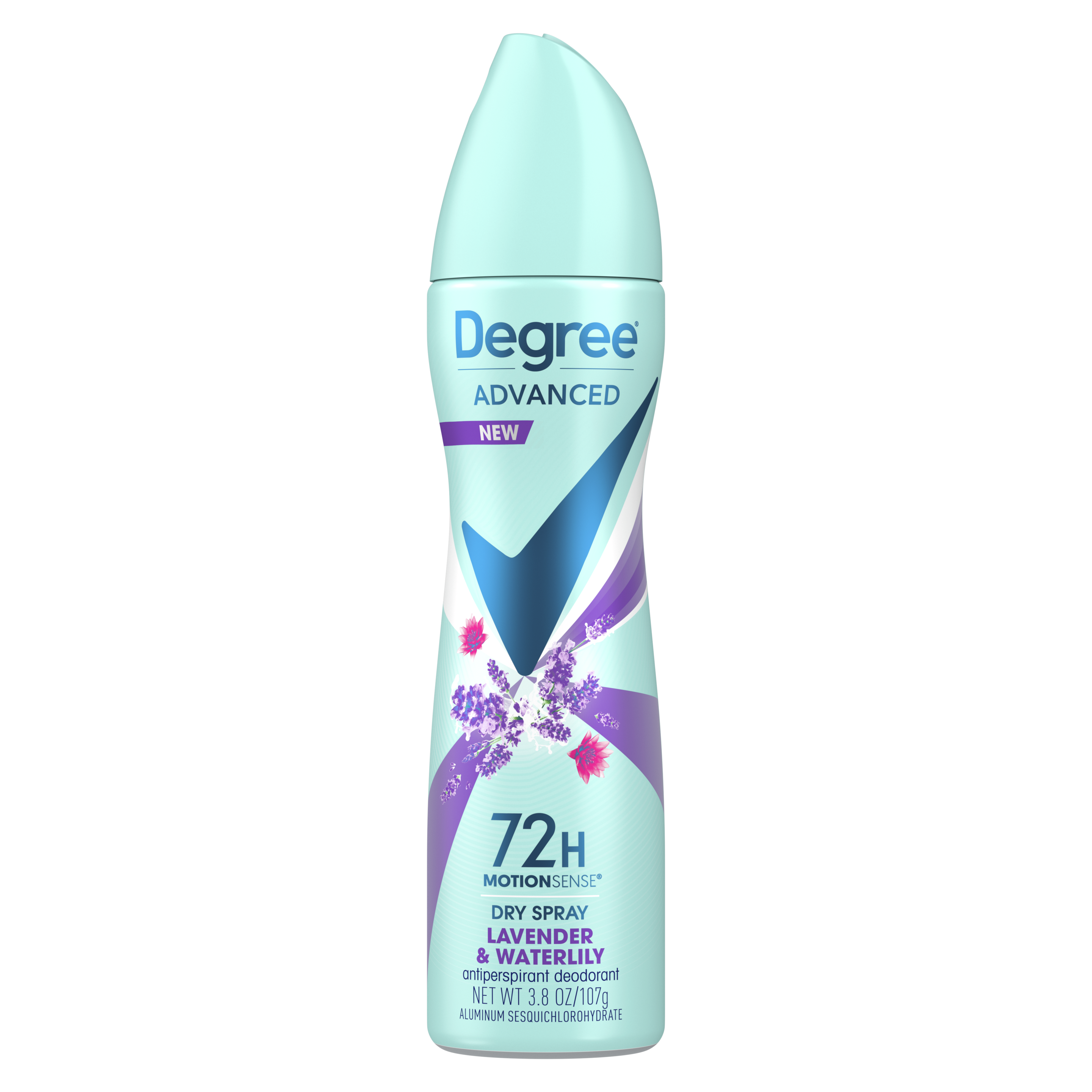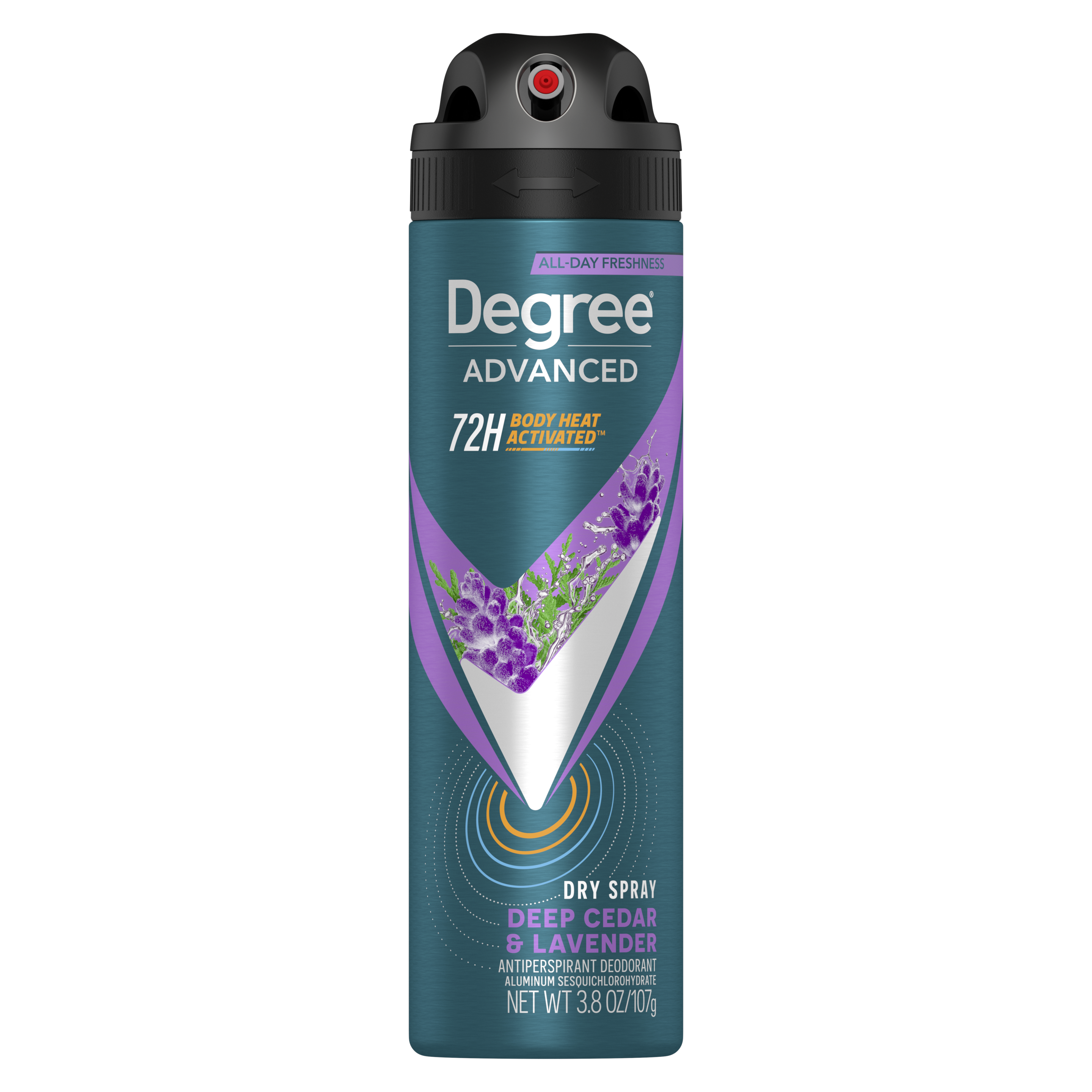WHAT'S THAT CHEESY SWEAT SMELL? WHY YOUR ARMPITS MIGHT BE CHANNELING CHEDDAR AND HOW TO FIX IT
Are your underarms smelling more like a cheesy pizza than fresh laundry? Don’t worry, you’re not alone! Body odor can take on some surprisingly pungent scents, and yes—cheese is one of them. Whether it’s the sharp tang of cheddar or the creamy scent of brie, your armpits might be producing aromas that are less than fresh. Let’s explore the top reasons behind this cheesy smell and dive into simple, effective ways to keep things smelling more pleasant.
1. THE BACTERIA FACTOR
Did you know sweat itself is odorless? The real culprit behind that pungent, cheese-like smell is bacteria. When sweat from your apocrine glands (mainly in your armpits) meets bacteria on your skin, it can produce strong odors. Interestingly, different people host varying bacterial species, which is why some individuals may notice stronger or different odors than others. These bacteria break down your sweat into acids, and voilà, you get that funky cheese scent.
Practical tips
Shower regularly. Keep those bacteria at bay with daily showers.
Use antibacterial products. Go for antibacterial soap or body wash.
Wear clean clothes. Fresh clothes mean less bacteria.
2. FOOD CONSUMPTION
Your diet plays a big role in how you smell. Eating large amounts of dairy products like cheese and milk can influence the scent of your sweat. In addition to dairy, foods high in sulfur, like garlic, onions, and cruciferous vegetables (think broccoli and cabbage), can also contribute to body odor. While these foods are generally healthy, sulfur compounds are released when they're digested, and some of these can find their way into your sweat. When your body breaks down these foods, it can release compounds that make your sweat smell like cheese.
Diet suggestions
Cut back on dairy. Try reducing your intake of cheese, milk, and other dairy products.
Balance your diet. Incorporate foods that help neutralize body odor, like leafy greens and citrus fruits.
3. HORMONAL CHANGES
Hormonal fluctuations during puberty, menstruation, or menopause can lead to stronger or altered body odor. These changes can make your sweat smell sour, cheesy, or just more intense.
Lifestyle adjustments
Stay hydrated. Drink loads of water to help dilute sweat and reduce odor.
Maintain a balanced diet. A healthy diet can help regulate hormones and minimize odor.
4. MEDICAL CONDITIONS
Certain medical conditions can also lead to persistent body odor. Hyperhidrosis (excessive sweating) and trimethylaminuria (a disorder that causes the body to emit fishy or cheesy odors) are two examples.
What to do
Consult a doctor. If you suspect a medical condition, seek professional advice.
Follow medical advice. Treatments and lifestyle changes recommended by your doctor can help manage symptoms.
5. POOR HYGIENE
Skipping showers or not changing clothes often can cause sweat to linger and mix with bacteria, resulting in body odor that can smell like cheese.
Hygiene tips
Shower daily. Regular showers help wash away sweat and bacteria.
Change clothes frequently. Fresh clothes can make a big difference.
Use deodorant. Deodorants can help mask and reduce odor.
6. SYNTHETIC CLOTHING
Certain fabrics, especially synthetic materials like polyester, can trap sweat and bacteria close to the skin, making the smell worse.
Clothing suggestions
Choose natural fabrics. Go for breathable materials like cotton or bamboo.
Avoid wearing tight clothing. Loose-fitting clothes allow sweat to evaporate more easily.
7. STRESS AND ANXIETY
Stress and anxiety can do more than just affect your mood—they can also impact how you smell. When you're stressed, your body produces a different type of sweat from the apocrine glands, which is thicker and full of proteins. These proteins are a feast for odor-causing bacteria, leading to stronger, sometimes cheesy, body odor.
Stress-management tips
Practice relaxation techniques. Activities like yoga, deep breathing, or meditation can help reduce stress levels.
Exercise regularly. Physical activity not only reduces stress but also helps regulate sweat production.
8. GENETIC PREDISPOSITION
Some people are genetically predisposed to having stronger body odor. Genetics can determine how much apocrine sweat you produce and the type of bacteria that live on your skin, making some individuals more prone to odors like cheese.
What to do if it’s genetic
Consult a specialist. If you suspect genetics play a major role in your body odor, a dermatologist can help recommend solutions tailored to your skin and sweat composition.
Consider advanced deodorants. Stronger, clinical-strength antiperspirants or deodorants may help manage genetically driven odors.
So, if your armpits are giving off more of a pizza-parlor vibe than you’d like, you now know why. From bacteria to diet, hormones to hygiene, there are plenty of reasons your body might be channeling cheddar or brie. The good news is, just like picking the right toppings for a pizza, you can make small changes—like adjusting your hygiene routine or rethinking your wardrobe—that will have a big impact. Wave goodbye to that cheesy scent and say hello to fresher underarms.



